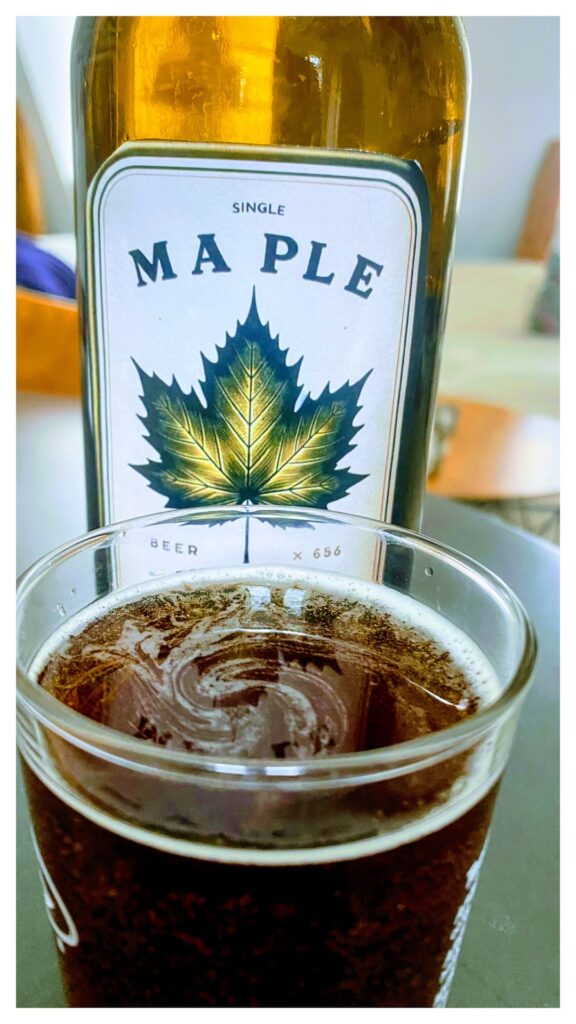Hold my beer…
In the technological landscape, Artificial Intelligence (AI) is often unseen, as a silent giant tossing out texts. Some people argue it lacks practical application for everyday life. The truth is remarkably different, as AI is making impact in various fields, including the craft of brewing beer.
AI and the recipe
The knowledge of a brewmaster spans centuries, enriched by diverse taste preferences and numerous failed attempts. Enter AI: It analyses a multitude of variables, from local water profiles to hop bitterness, to create beer recipes that cater to any palate or trend. The outcome? Brews that meet the connoisseur’s need for complexity and quench the casual drinker’s thirst.
AI and the label
AI’s role doesn’t end with brewing. With advanced design algorithms, AI crafts visually captivating labels that reflect the beer’s soul. It’s more than aesthetics—it’s about telling the story, detailing the ingredients, and sharing the passion behind each bottle. Consider the Maple beer label here, created by AI. Its amber color hints at a rich, robust taste, perhaps a dark ale, inviting speculation about the flavors inside.
This visual allure is deliberate, born from data-driven design where consumer preferences, color theory, and branding converge through AI’s analytical finesse. Every element, from the leaf’s detailed pattern to the font selection, is designed to forge an emotional bond with the consumer, promising a singular experience from the outset.
The history of Maple Beer
Maple beer is rooted in the rich traditions of North America’s Indigenous peoples, who harvested maple sap for syrup and sugar. European settlers embraced this practice, and by the 1600s, maple sugar was a sought-after export to France. Now, maple beer merges this legacy with contemporary brewing techniques, leveraging the fermentable nature of maple syrup to impart a distinctive flavor to the beer. This craft brew honors the history of maple syrup and the progress in beer production.
For the interested, here is the AI-generated recipe:
Malts:
- Pale Ale: 5.5 kg
- Munich: 0.75 kg
- Crystal: 0.5 kg
- Biscuit: 0.25 kg
Hops:
- Columbus: 40 g
- Cascade: 20 g
Yeast:
- English Ale
Extras:
- Honey: 500 g
- Maple syrup: 360 ml
- Mash in 65C for 60 min
- Mash out 75C for 10 min
- Boil 60 min
- Ferment 10 days
- Mature for 1 month
To those who question AI’s practicality, the proof is in the glass. AI’s fusion with traditional crafts like brewing heralds a future where technology doesn’t replace human creativity but rather augments and broadens it in ways we’re just starting to explore. Cheers to that!
